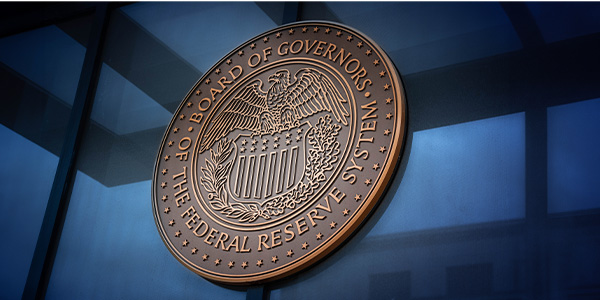Housing News
Are Mortgage Rates Finally Coming Down? The Fed Just Cut Rates Again
December 18, 2024
For the last two-and-a-half years, higher mortgage rates have stymied the housing market. Many would-be homebuyers and homeowners who are eager to refinance their loans have pinned their collective hopes on rates tumbling as the U.S. Federal Reserve lowers interest rates.
The Fed cut interest rates on Wednesday for the third time in 2024, bringing rates down a quarter of a percentage point. And while mortgage rates are expected to (finally) come down a bit in 2025, it’s expected to be a gradual descent.
Mortgage rates are separate from the Fed’s rates, but often move in the same direction.
Real estate experts don’t expect mortgage rates to drop immediately following the Fed’s move, because the financial markets had anticipated that the Fed would lower rates. The cut was already baked into current mortgage rates.
“This [was] largely expected,” said New American Funding’s Chief Investment Officer Jason Obradovich. “[It’s] likely not going to move mortgage rates by very much in the short-term.”
Mortgage rates averaged 6.6% for 30-year, fixed-rate loans in the week ending Dec. 12, according to the latest Freddie Mac data.
The financial markets expect the Fed will only lower rates twice in 2025. This is likely to push mortgage rates down, at least a little.
Mortgage rates are expected to remain in the high 5% to low- to mid-6% range in 2025. That should provide homebuyers with a bit of relief. Rates had peaked at an average 7.22% for 30-year, fixed-rate loans in the week ending May 2, according to Freddie Mac data.
Even small decreases in mortgage rates can lead to lower monthly mortgage payments. When rates dipped earlier this year, more buyers entered the market. There was also a jump in the number of homeowners who refinanced their mortgages.
However, if rates remain elevated, there will likely be fewer homes available on the market. Homeowners who secured record-low rates during the pandemic are less likely to put their homes up for sale and purchase new ones at higher rates.
“This is probably negative for housing turnover in terms of unlocking borrowers from moving to a new area [or] property,” said Obradovich. “[Housing] supply will remain relatively low.”






 Smart Moves Start Here.
Smart Moves Start Here.